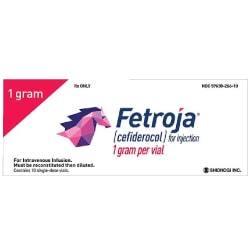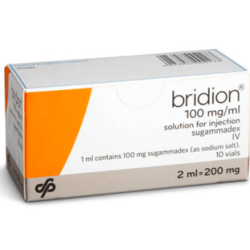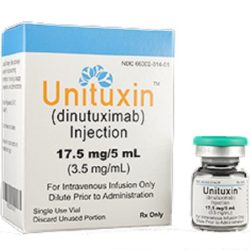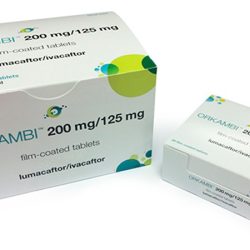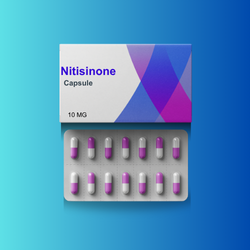Description
Fetroja Buy Online
Fetroja (Cefiderocol) injection is a cephalosporin antibacterial used in patients 18 years of age or older for the treatment of the following infections caused by susceptible Gram-negative microorganisms:
- Complicated Urinary Tract Infections (cUTI), including Pyelonephritis.
- Hospital-acquired Bacterial Pneumonia and Ventilator-associated Bacterial Pneumonia (HABP/VABP).
Dosage: The recommended dosage of Fetroja is 2 grams administered every 8 hours by intravenous (IV) infusion over 3 hours in adults with a creatinine clearance (CLcr) of 60 to 119 mL/min. Dosage adjustment of cefiderocol injection is recommended for patients with CLcr less than 60 mL/min, including patients receiving intermittent hemodialysis (HD) or continuous renal replacement therapy (CRRT), and for patients with CLcr 120 mL/min or greater. The recommended duration of Fetroja therapy is 7-14 days. The duration of therapy should be guided by the patient’s clinical status.
Side Effects:
The most frequently reported cefiderocol injection side effects in greater than or equal to 2% of cUTI patients include: diarrhea, infusion site reactions, rash, constipation, candidiasis, cough, elevations in liver tests, hypokalemia, headache, nausea, and vomiting.
The most frequently reported fetroja injection side effects in greater than or equal to 4% of HABP/VABP patients include elevations in liver tests, diarrhea, hypokalemia, atrial fibrillation and hypomagnesemia.
Warnings and Precautions:
- Use of fetroja injection antibiotic is restricted in patients with a known history of severe hypersensitivity to cefiderocol or other beta-lactam antibacterial drugs.
- Closely monitor the clinical response to therapy in patients with cUTI and HABP/VABP, taking treatment with Cefiderocol Injection.
- Counsel patients on the implication of cephalosporins, including cefiderocol injection, in triggering seizures, mainly in patients with renal impairment and history of epilepsy.
- Therapy with fetroja injection may result in false-positive results in dipstick tests ( ketones, urine protein, or occult blood). Use alternate clinical laboratory methods of testing to confirm positive tests.
- Diarrhea is a common problem caused by antibacterial drugs, including cefiderocol injection. If severe watery or bloody diarrhea develops, contact your health specialists immediately.

